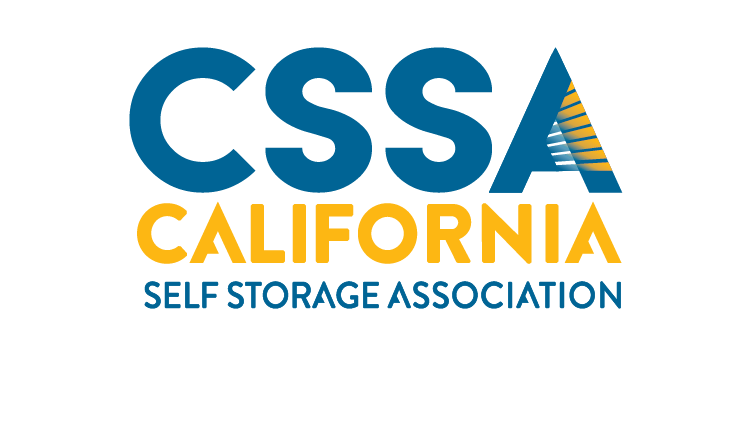|
On August 8, 2020, President Trump issued an executive order to give employees a "payroll holiday" in the form of a 6.2% tax deferral normally paid to Social Security, for September 1, 2020 to December 31, 2020. On August 28, the U.S. Department of Treasury and Internal Revenue Service (IRS) gave employers more guidance on this issue, but still left many questions unanswered.
Who Is Eligible?
The deferral only affects workers whose biweekly pay is less than $4000, pretax. The deferral is to be implemented on a pay period by pay period basis.
For now, this is not a forgiveness of the tax owed. Although, President Trump has promised to forgive the tax if reelected, it would require an act of Congress to forgive liability altogether.
Do Employers Have to Implement the Tax Deferral?
The IRS guidelines suggest that it is up to the employer – not the employee – to decide whether to implement the tax deferral. It is likely a voluntary decision by the employer, as the IRS guidance does not state that the deferral is mandatory.
If employers decide to go ahead and make any deferrals this year, those same amounts must be withheld and paid back starting on January 1, 2021, and ending on April 30, 2021. Again, the guidance issued does not indicate when or if when employers have to begin the deferral.
What if an Employee Quits and Can’t Pay Back the Deferral?
The guidance also provides that the employer must "withhold and pay" the deferred taxes next year and, "If necessary...make arrangements to otherwise collect the total Applicable Taxes from the employee." This implies that the employer is probably responsible to pay any deferred amount to the IRS in the event the employee fails to repay it next year. For example, this situation may arise if the employee is no longer employed by the same employer in 2021.
Given that the IRS guidelines still leave many questions unanswered, employers should consult with their tax specialist regarding deferral.
Read the IRS guidelines here >>
|
